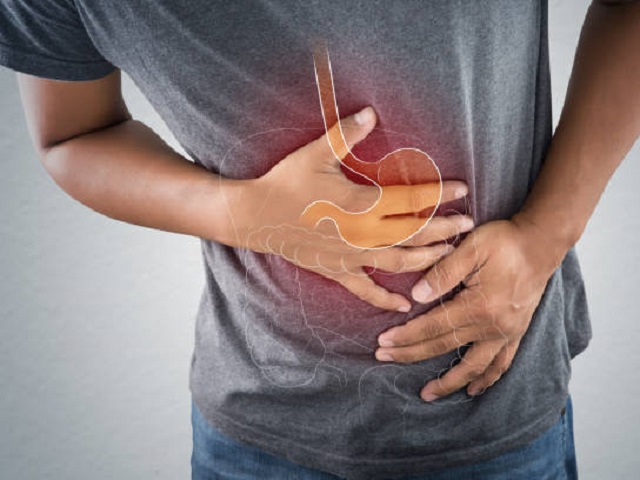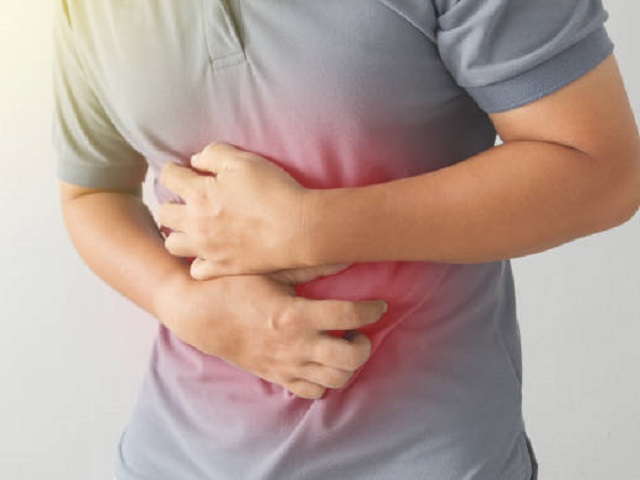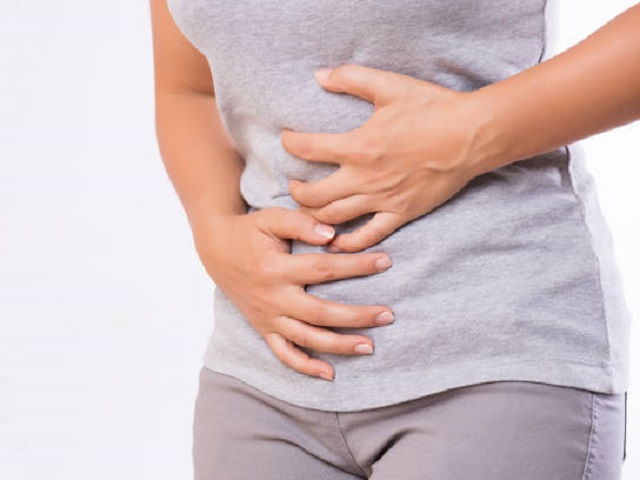6 Signs You May Have Peptic Ulcers -- Symptoms, Causes, Effects, Treatment and Prevention
Peptic ulcers are open sores that develop on the lining of the stomach, upper small intestine, or esophagus. They can cause discomfort and pain and may lead to complications if left untreated.
Symptoms of Peptic Ulcers
The common symptoms of peptic ulcers include:
- Abdominal pain: A burning or gnawing pain in the stomach area that may come and go.
- Indigestion: Discomfort or bloating after eating, belching, or feeling full quickly.
- Nausea and vomiting: Some individuals may experience nausea and vomiting.
- Loss of appetite: A reduced desire to eat due to pain or discomfort.
- Weight loss: Unintentional weight loss may occur due to decreased appetite.
- Dark or tarry stools: In cases of bleeding ulcers, black or tarry stools may be present.
Diagnosis of Peptic Ulcers
To diagnose peptic ulcers, healthcare providers may:
- Perform an endoscopy: A thin, flexible tube with a camera is inserted into the digestive tract to examine the stomach and small intestine.
- Conduct imaging tests: X-rays or CT scans may be used to detect the presence of ulcers.
- Test for H. pylori infection: A breath, blood, or stool test may be performed to check for the presence of H. pylori bacteria, a common cause of peptic ulcers.
Causes of Peptic Ulcers
The primary causes of peptic ulcers include:
- Helicobacter pylori (H. pylori) infection: This bacterium can infect the stomach lining, leading to ulcers.
- Nonsteroidal anti-inflammatory drugs (NSAIDs): Regular use of NSAIDs like aspirin or ibuprofen can irritate the stomach lining and contribute to ulcer formation.
- Excessive acid production: Increased stomach acid production can erode the lining, resulting in ulcers.
- Smoking: Smoking cigarettes or using tobacco products can increase the risk of developing peptic ulcers.
- Stress: While stress alone does not cause ulcers, it may worsen symptoms and delay healing.
Effects of Peptic Ulcers
If left untreated, peptic ulcers can lead to complications such as:
- Bleeding ulcers: Ulcers may cause bleeding, resulting in blood in the stool or vomit.
- Perforation: In severe cases, ulcers can create a hole in the stomach or intestine, leading to a medical emergency.
- Obstruction: Scar tissue from ulcers may cause blockages in the digestive tract, resulting in food and liquid not being able to pass through normally.
Treatment of Peptic Ulcers
Treatment for peptic ulcers typically involves:
- Antibiotics: If H. pylori infection is present, a combination of antibiotics may be prescribed to eliminate the bacteria.
- Acid-reducing medications: Proton pump inhibitors (PPIs) and H2 blockers are commonly used to reduce stomach acid and promote healing.
- Antacids: Over-the-counter antacids may help neutralize stomach acid and provide temporary relief.
- Cytoprotective agents: Medications that protect the lining of the stomach and small intestine may be prescribed to aid healing.
- Lifestyle modifications: Quitting smoking, avoiding NSAIDs, managing stress, and adopting a healthy diet can support ulcer healing.
Prevention of Peptic Ulcers
To prevent peptic ulcers or reduce the risk of recurrence:
- Treat H. pylori infection: If diagnosed with an H. pylori infection, complete the prescribed antibiotic regimen.
- Limit NSAID use: Use nonsteroidal anti-inflammatory drugs sparingly and under medical supervision.
- Manage stress: Practice stress-reducing techniques such as exercise, relaxation, or counseling.
- Limit alcohol consumption: Excessive alcohol intake can irritate the stomach lining and increase ulcer risk.
- Avoid smoking: Quitting smoking can improve overall stomach health and decrease ulcer risk.
It's essential to consult a healthcare professional for proper diagnosis, personalized treatment, and guidance on managing peptic ulcers.
References:
Mayo Clinic. (2021). Peptic Ulcer. Retrieved from https://www.mayoclinic.org/diseases-conditions/peptic-ulcer/symptoms-causes/syc-20354223
National Institute of Diabetes and Digestive and Kidney Diseases. (2020). Peptic Ulcers (Stomach Ulcers). Retrieved from https://www.niddk.nih.gov/health-information/digestive-diseases/peptic-ulcers-stomach-ulcers


















